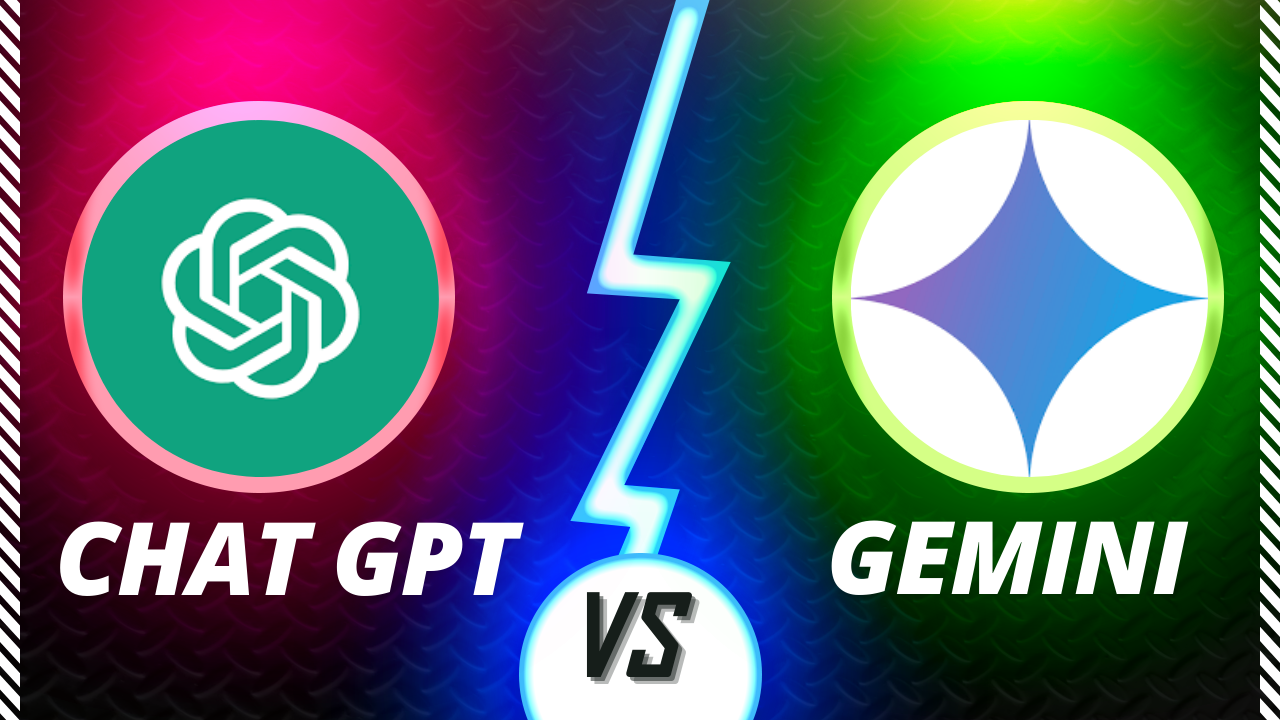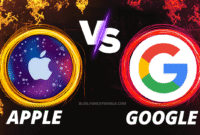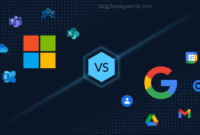
ChatGPT vs. Gemini: A Comprehensive Comparison
As artificial intelligence continues to evolve, new models emerge, pushing the boundaries of what is possible in natural language processing and understanding. Among the most talked-about advancements in this field are OpenAI’s ChatGPT and Google DeepMind’s Gemini. Both models offer unique features and capabilities, but how do they stack up against each other? In this article, we’ll explore the key differences, strengths, and potential applications of ChatGPT and Gemini, helping you understand which might best suit your needs.
Overview of ChatGPT
ChatGPT, developed by OpenAI, is one of the most popular AI conversational agents. Initially launched in November 2022, it has undergone several iterations, with the latest versions incorporating advanced techniques for better understanding and generating human-like text. ChatGPT is designed to engage users in dialogue, answer questions, provide recommendations, and even assist in creative writing.
Key Features of ChatGPT
- Natural Language Understanding: ChatGPT excels in understanding context, tone, and intent, allowing it to generate coherent and contextually appropriate responses.
- Wide Range of Applications: From customer support to educational tools, ChatGPT can be integrated into various platforms, enhancing user interaction.
- User Customization: Users can provide feedback, helping to refine the AI’s responses over time. This iterative learning process improves the overall user experience.
- Accessibility: Available on multiple platforms, including web and mobile, ChatGPT is easy to access and user-friendly.
Overview of Gemini
Gemini, a product of Google DeepMind, is a more recent entrant in the AI landscape, launched in late 2023. While it shares some similarities with ChatGPT, it is designed to leverage Google’s vast data resources and advanced machine learning techniques.
Key Features of Gemini
- Multimodal Capabilities: Unlike ChatGPT, Gemini integrates text, image, and video understanding, making it a versatile tool for various applications, including visual content analysis.
- Real-Time Information Access: Gemini can tap into the internet for real-time data, providing up-to-date information and insights that enhance its responses.
- Enhanced Contextual Awareness: With sophisticated algorithms, Gemini is designed to grasp complex queries better, offering deeper insights and more nuanced answers.
- Integration with Google Services: Gemini is built to seamlessly integrate with Google’s suite of services, enhancing its utility for users already within the Google ecosystem.
Comparing Performance
Conversational Abilities
Both ChatGPT and Gemini demonstrate impressive conversational abilities, but their approaches differ. ChatGPT is known for its fluid and natural dialogues, often making it feel like users are conversing with a real person. Gemini, on the other hand, uses its multimodal capabilities to enrich conversations, often providing additional context through visual or data-driven insights.
Knowledge Base
ChatGPT relies on a fixed knowledge base, last updated in its training cut-off. This can limit its ability to provide current events or real-time information. In contrast, Gemini’s ability to access live data offers it an edge in providing up-to-date responses, particularly for news, trends, and ongoing events.
Creativity and Content Generation
When it comes to creative writing, ChatGPT has shown impressive results in generating stories, poems, and other literary forms. Its training data includes diverse styles and genres, which it draws upon to create engaging content. Gemini, while also capable of generating text, focuses more on providing accurate and context-rich information, which may result in a different style of content generation.
Use Cases
ChatGPT Use Cases
- Customer Support: Many businesses integrate ChatGPT into their customer service systems, allowing it to handle inquiries efficiently.
- Education: Students use ChatGPT for tutoring and assistance with homework, benefiting from its ability to explain complex concepts.
- Content Creation: Writers and marketers use ChatGPT for brainstorming and drafting ideas, leveraging its creative capabilities.
Gemini Use Cases
- Visual Content Analysis: Gemini can analyze images and videos, making it useful for applications in social media, marketing, and education.
- Real-Time Data Queries: Businesses may utilize Gemini for market analysis, competitor research, and gathering insights from current trends.
- Enhanced Search Functions: Google’s integration allows users to ask complex queries and receive comprehensive answers, making it a powerful tool for research.
Conclusion
In summary, both ChatGPT and Gemini represent significant advancements in AI technology, each catering to different user needs and preferences. ChatGPT shines in conversational AI and creative content generation, while Gemini excels in multimodal understanding and real-time information access.
Ultimately, the choice between ChatGPT and Gemini depends on your specific requirements. If you’re looking for a tool focused on natural dialogue and creative writing, ChatGPT may be the better option. However, if you need a comprehensive AI that can analyze various data forms and provide real-time insights, Gemini might be the right fit for you.
As AI continues to develop, both ChatGPT and Gemini will likely evolve, leading to even more innovative applications in the future. Keep an eye on these technologies as they shape the landscape of artificial intelligence and redefine human-computer interaction.



Leave a Reply